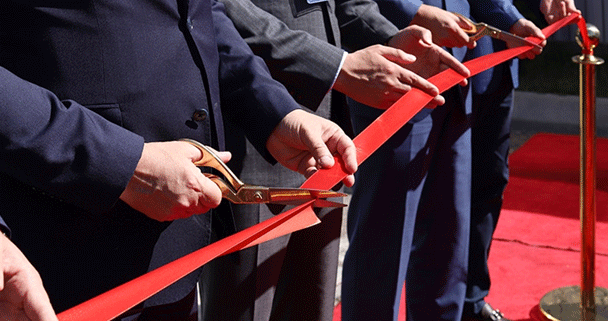Almaty’s agricultural sector is about to take a significant leap forward with the launch of a new production facility focused on baby carrots. The project, spearheaded by the company “Eco Sani Green” and financed by Almaty Finance, is the first of its kind in Kazakhstan. With an investment of 124 million tenge, of which 99 million is allocated for equipment and facility renovations, and 25 million for working capital, this initiative is poised to reshape the local carrot market.
Production and Regional Impact
At 50% capacity, the new facility will produce an estimated 3,000 tons of baby carrots annually, catering to both retail and institutional buyers such as private schools in Almaty. The company plans to package the washed and sliced carrots into 230g and 380g packs, making them readily available in hypermarkets. The focus on locally sourced carrots from farmers in Almaty and Zhambyl regions, along with imports from Uzbekistan and Kyrgyzstan, will enhance regional agricultural collaboration. The demand from this factory offers a lucrative outlet for farmers, encouraging higher crop yields and fostering cross-border agricultural trade.
Economic and Social Benefits
The establishment of the factory in the Bostandyk district of Almaty promises to reduce reliance on more expensive imported baby carrots. The local production not only ensures a more affordable product for consumers but also creates 15 new jobs, contributing to local employment. Furthermore, the project is expected to generate additional tax revenues for the region, supporting the local economy. Funded under the Almaty Business-2025 regional entrepreneurship development program, the project receives a favorable loan rate of 6% annually, with a seven-year term for equipment purchases and three years for working capital.
The new baby carrot production facility in Almaty highlights a positive shift towards self-sufficiency in agriculture. By supporting local farmers and creating new jobs, the project aligns with broader regional development goals. Moreover, the integration of supply chains from neighboring countries reflects Kazakhstan’s role in fostering agricultural cooperation across Central Asia. As the facility becomes fully operational, it will likely serve as a model for similar initiatives aimed at reducing imports, strengthening local agriculture, and boosting economic development.































